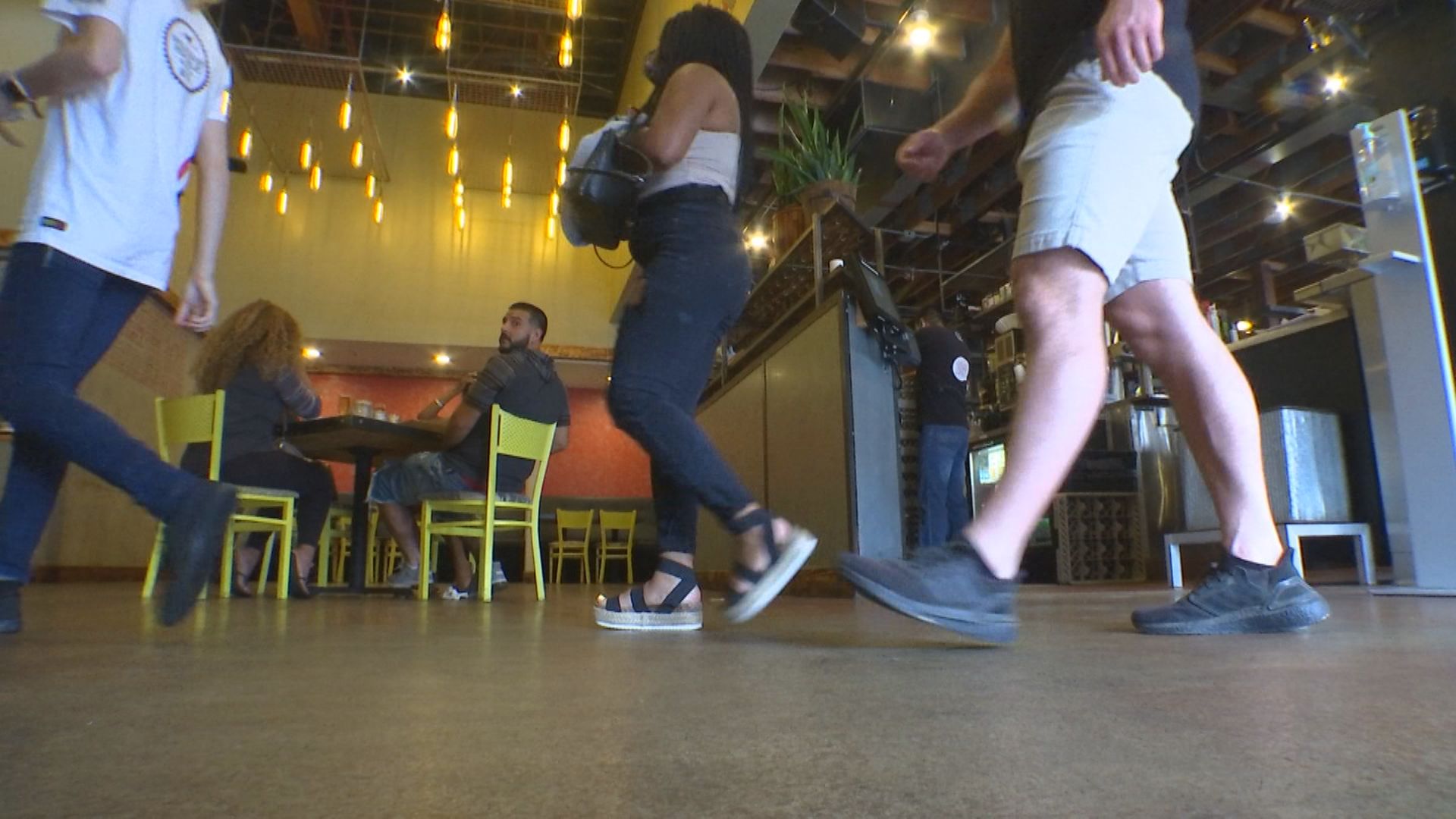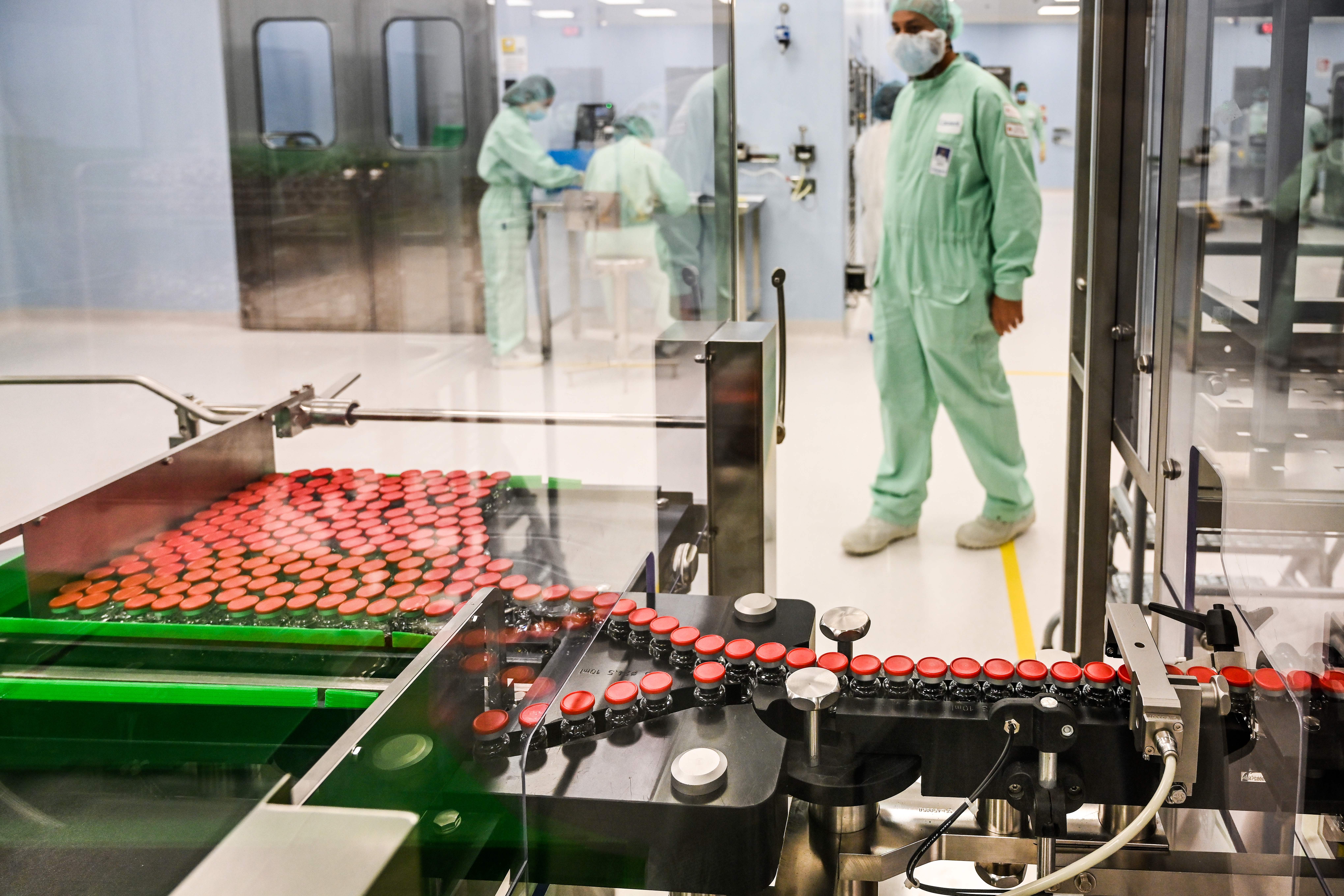
The San Diego County Board of Supervisors on Tuesday unanimously approved millions of dollars in relief funding for thousands of local businesses struggling due to the coronavirus pandemic.
The board is likely to approve at Tuesday's board meeting nearly $15 million in grants for local businesses through the county's small business stimulus program, which utilizes funding from the federal Coronavirus Aid, Relief, and Economic Security (CARES) Act.
Supervisors Diane Jacob (Dist. 2) and Jim Desmond (Dist. 5) -- who represent inland South and Central counties and inland North County respectively -- each requested $4.1 million to be allocated to a combined 1,030 businesses. Meanwhile, Supervisor Nathan Fletcher, who represents San Diego's District 4 asked for $2.5 million to be distributed between 493 businesses and Supervisor Greg Cox's District 1 in the South Bay has requested about $3.9 million for 506 businesses.
Get top local stories in San Diego delivered to you every morning. Sign up for NBC San Diego's News Headlines newsletter.
"I’m glad we can help businesses in my district that have been hit hard by this pandemic," Supervisor Cox said ahead of the vote. "These investments by the County may seem small, but for businesses struggling to survive, they can make all the difference in the world.”
Dist. 3 Supervisor Kristen Gaspar, who represents coastal North County, plans to submit her proposal for $4.1 million for 758 small businesses on Sept. 29, citing a need for more time to review proposals.
Grace Chi of Grandma Tofu & BBQ on Convoy Street was one of the business owners who applied to the program and was approved to receive a $5,000 grant from Fletcher's distribution.
Chi said on top of struggling to maintain their revenue, the business has accrued additional costs amid the pandemic as they try to keep up with changing public health orders.
They have purchased temperature guns, sanitation stations, dividers and more to keep their customers safe from COVID-19.
"We are going to use that money towards rent just because it's such a difficult time right now and we've done everything we can to open our restaurant back again," Chi said. "However big or small these grants are, they help in every way."
Restaurants are the biggest segment receiving funding through the small business stimulus program, but hundreds of personal care, fitness industry, real estate and professional services businesses will also be supported.
Desmond said it was just a small dent in the amount of funding requested in his district.
"We had over $100 million requested in our district. We know businesses are hurting and struggling to survive. This shows the need to get businesses open, ASAP," Desmond said.
To qualify, businesses and nonprofit entities with 100 employees or less that have been opened for at least a year had to show that they experienced financial hardship as a result of the novel coronavirus.
Funds can be applied to expenditures from March 1 to Dec. 31, 2020, that are tied to the pandemic. For example, a business owner can use the funding to pay employees or to pay rent; to purchase personal protective equipment, or to cover costs of changes they had to make to operate outdoors.
The virus was first detected in San Diego County in March and as cases grew, county public health officials took drastic measures and shut down several businesses to prevent its spread. In the six months that followed, businesses have tried to modify their operations to keep up with directives to limit services to outdoor areas, limit the amount of patrons allowed inside or halt operations altogether. Many could not keep up and have had to shutter.
The small business stimulus program, co-authored by supervisors Fletcher and Jacob, was meant to limit the number of businesses that would not survive the pandemic without support.
Jacob praised the funding as a way to help struggling businesses "as we all confront a public health crisis with no immediate end."
"These grants are another way the county can directly support our neighborhood restaurants, barber shops, gyms and other businesses that are the backbone of our economy."




